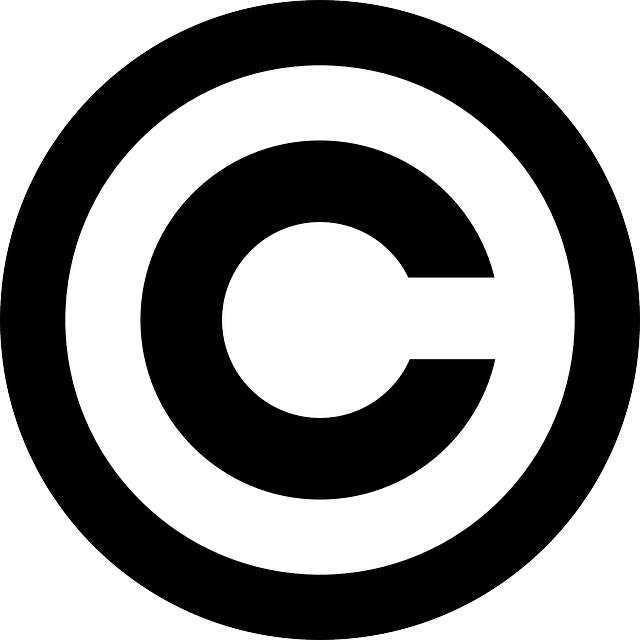What is intellectual property?
The term “intellectual property rights” refers generally to the ownership rights over a creative work such as musical, literary and artistic works; discoveries and inventions; and words, phrases, symbols and designs. Common types of intellectual property rights include copyright, trademarks, patents, industrial design rights, trade dress, and, in some jurisdictions, trade secrets.
Copyright vs. Patent vs. Trademark
The most common types of intellectual property are trademarks, patents and copyrights.
Owning the copyright means you control how your creative, intellectual, or artistic works are copied and distributed. Copyright does not cover ideas and information themselves, only the form or manner in which they are expressed, and usually for a limited time.
A patent grants an inventor the right to exclude others from making, using, selling, offering to sell and importing an invention (product or a process) for a limited period of time, in exchange for the public disclosure of the invention. A patent may be applied for only in the name of the inventor or group of inventors.
A trademark is a recognizable sign, design or expression that distinguishes products or services of a particular trader from the similar products or services of other traders. Trademarks last in perpetuity and can help to establish a company’s perceived value.
How can intellectual property help your business?
Businesses can use copyright laws to protect creative works or use patent law to protect inventions or ornamental product designs. Many businesses can use the law of trade secrets to protect confidential information. Every business can use trademark law to create and protect its brand.
When is a copyright created and how long does it last?
There are two basic requirements to create a copyright. First, the work must be original. Originality only requires that you, the author, contributed something more than a trivial variation. Second, the work must be tangible so that it can be perceived, reproduced or communicated.
The copyright begins when the work is created (not published) and lasts 70 years after the death of the creator. If the creator is a corporation, then the copyright lasts 120 years from the time created or 95 years from its publication, whichever is shorter.
Who owns a copyright, and what rights does the copyright owner have?
The person or entity who creates the creative, intellectual or artistic work is usually the copyright owner.
An employer automatically owns the copyright to any works created by an employee as part of employment. This is known as the “Work Made for Hire” doctrine and is an exception to the general rule that the creator owns the copyright. A written agreement between the parties is not needed for the employer to own the copyright under this doctrine. However, if the material was created by a consultant, a written agreement is usually necessary.
The copyright owner has the exclusive right to use and give others permission to use the work. The copyright owner can also assign or transfer the rights of ownership in the copyright to a third party.

